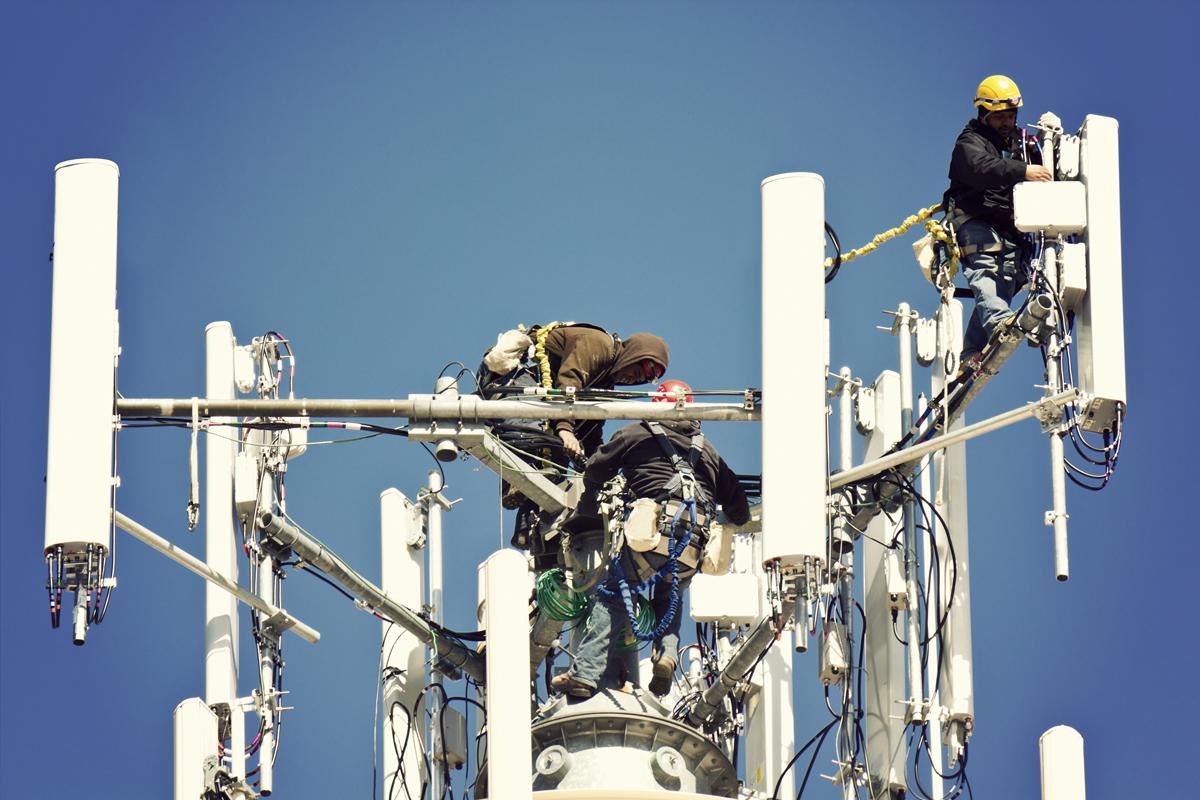Wireless Service Technicians
Overview

Introduction
Wireless service technicians are responsible for maintaining a specified group of cell sites, including the radio towers, cell site equipment, and often the building and grounds for the sites. Technicians routinely visit and monitor the functioning of the on-site equipment, performing preventive testing and maintenance. They also troubleshoot and remedy problems that might arise with any of their sites. Most wireless service technicians spend their work time at various locations, visiting each of their cell sites as necessary.
Quick Facts
Median Salary
Employment Prospects
Minimum Education Level
Experience
Skills
Personality Traits
Earnings
There is a demand for qualified and dependable employees in the wireless field, so experienced wireless technicians can expect to receive a good salary. According to the U.S. Department of Labor, mean annual earnings for telecommunications equipment installers and repairers (a related field) were $57,910 in May 2019. Salaries for all radio, cellular, and tower equipment installers and repairers...
Work Environment
Cell site technicians who are in charge of several cell sites spend their workweek visiting the different sites. Depending on how far apart the sites are, this may mean driving a substantial distance. While the actual computer equipment is located inside a building at each cell site location, any work or routine checking of the radio tower requires outside work, in varying kinds of weather. Mos...
Outlook
Employment in the telecommunications industry is expected to decline through 2029, according to the U. S. Department of Labor. This is mainly due to vast improvements in telecommunications equipment and the automation of system monitoring and repair. However, rising demand for wireless services and the creation of new wireless networks should ensure some job opportunities for workers.
In...
